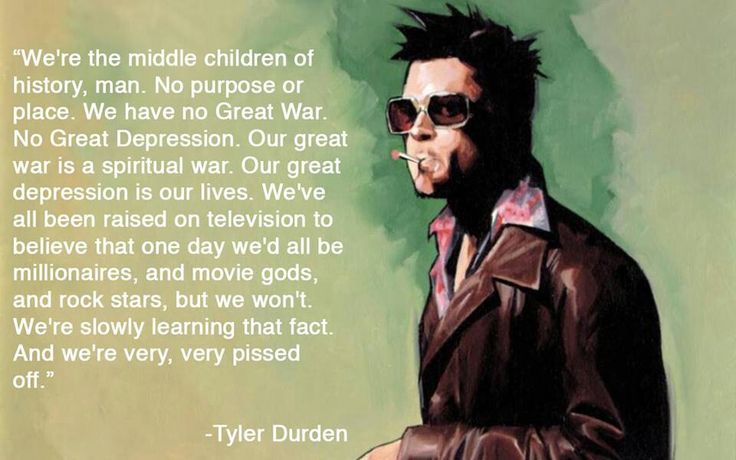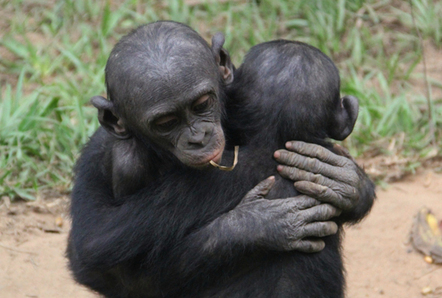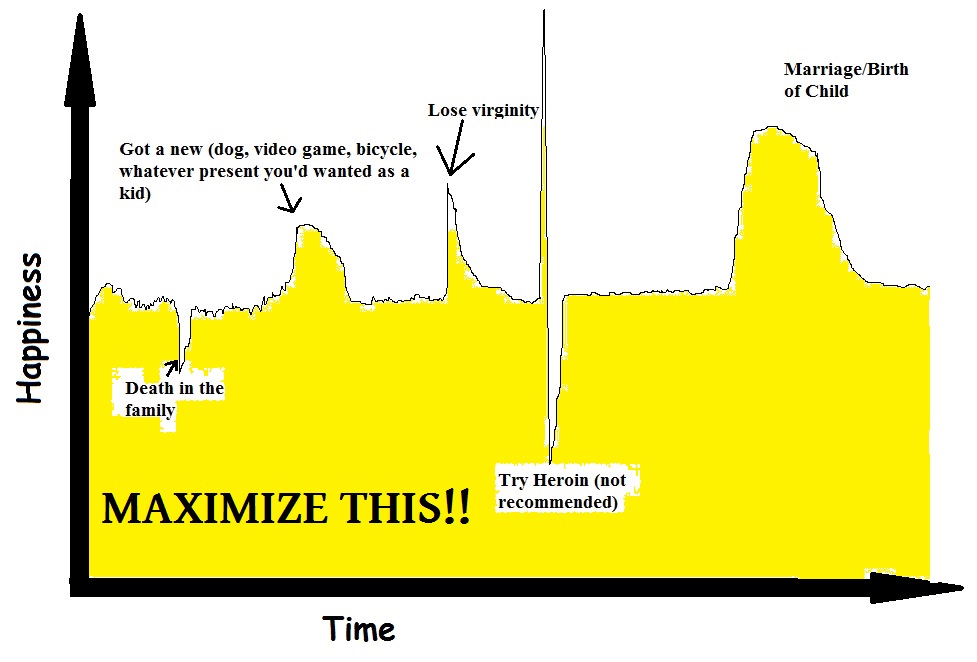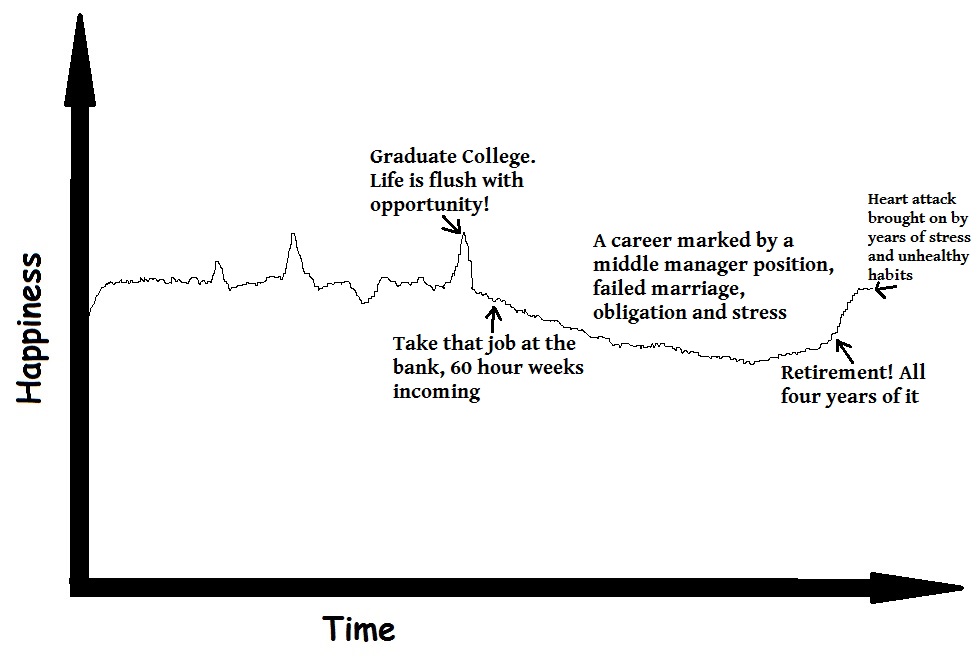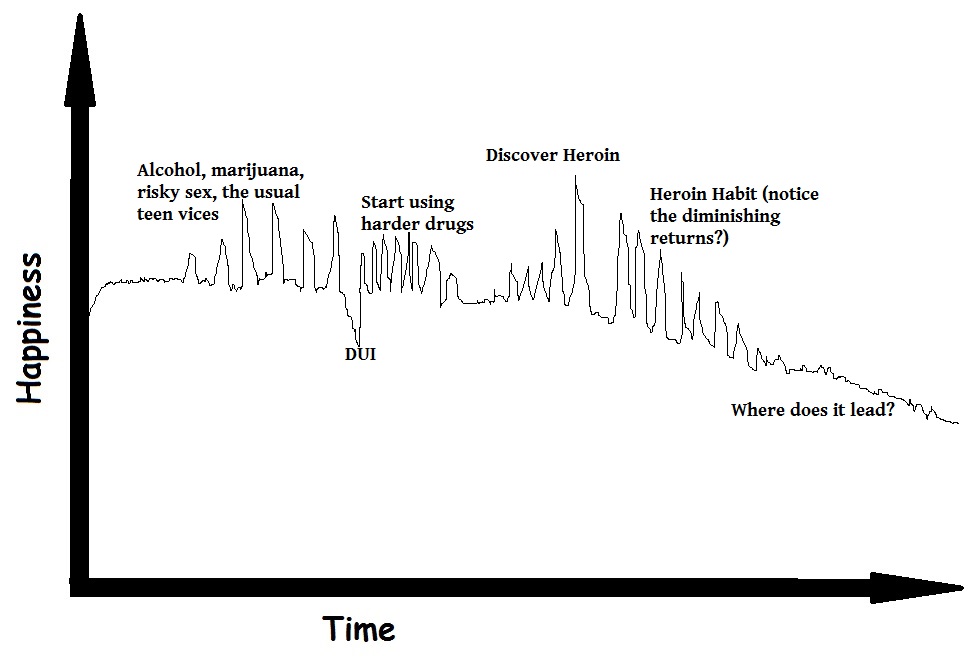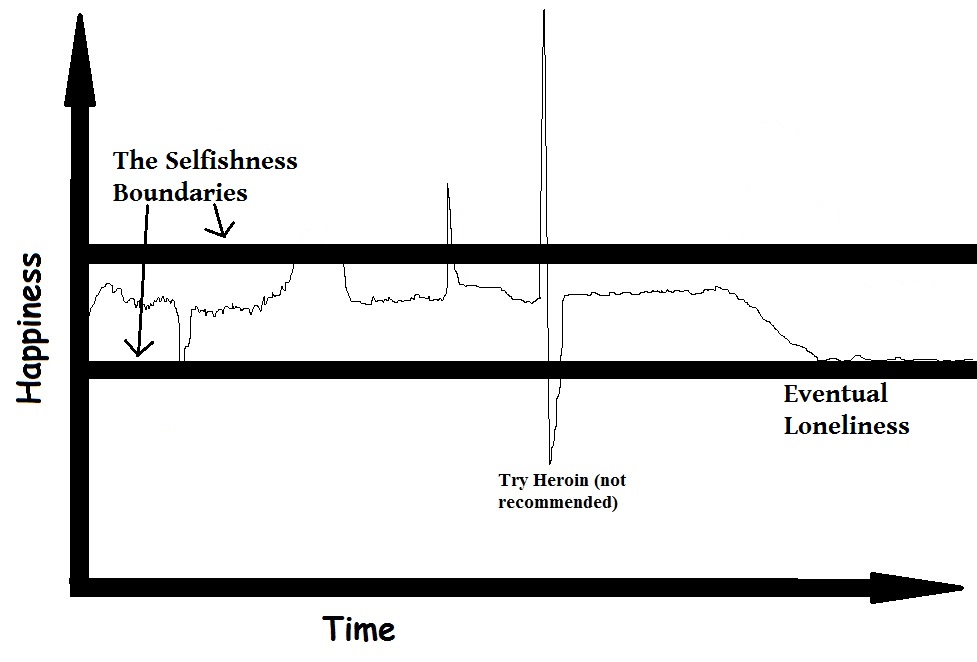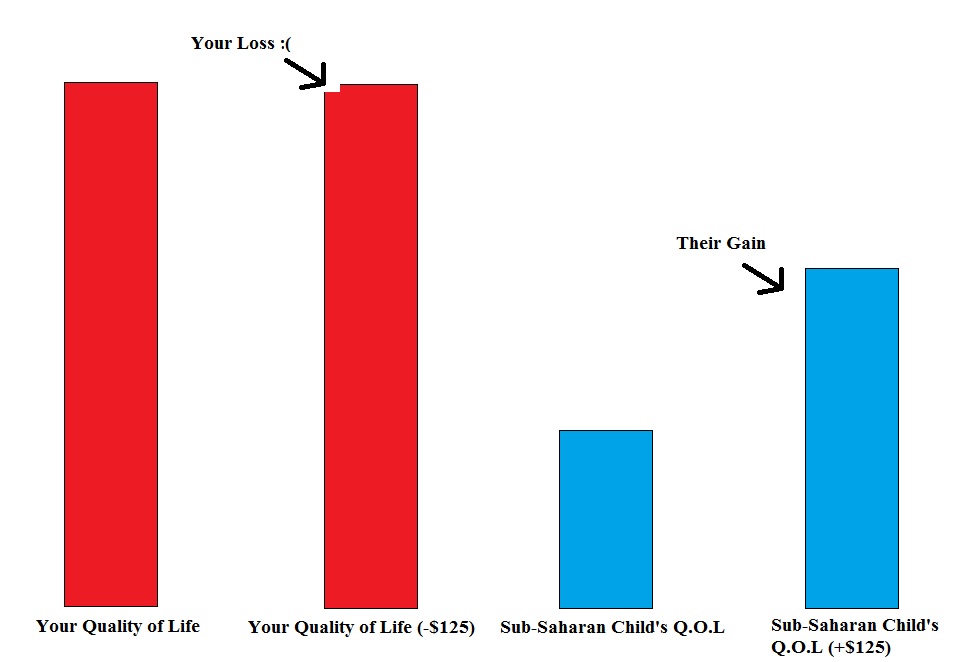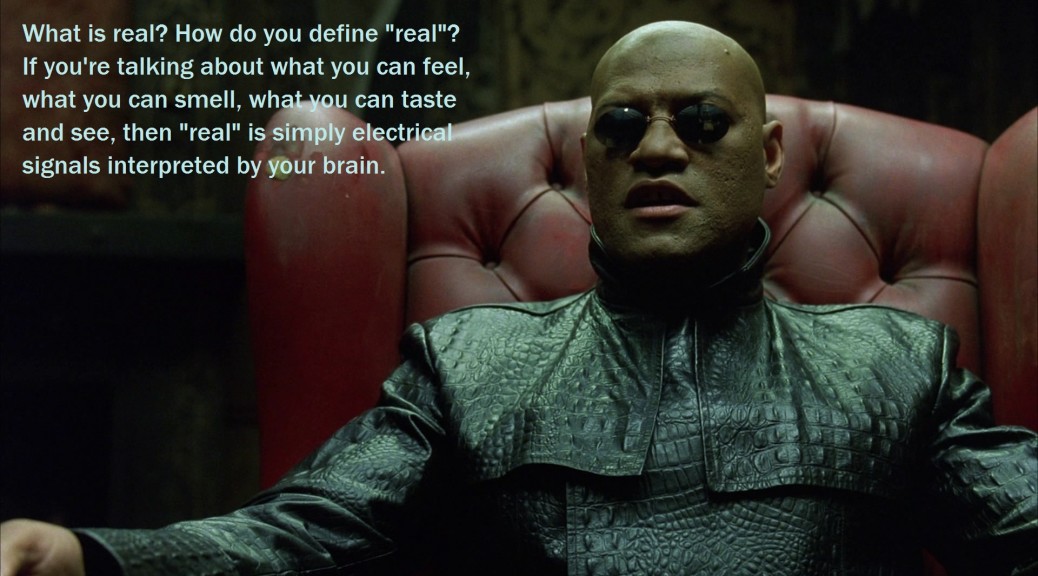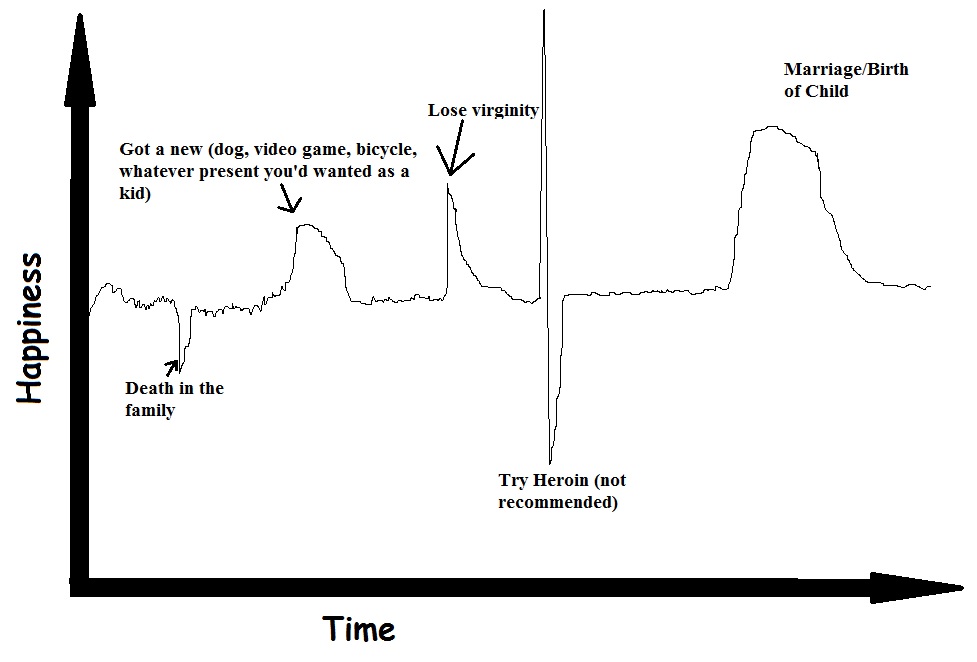NOTE: This is my first Magic-related post on this personal blog. Magic is, of course, a large part of my life, but for those of you who are reading this and have no idea about the context, it is as follows: I play a competitive trading card game called Magic: the Gathering at a professional level, and, as with many niche communities, Magic has its own social media sphere. There has been a significant amount of vitriol and controversy on “Magic Twitter” in recent weeks, all surrounding one overarching issue: bullying, harassment, and exclusion in the competitive Magic scene. Earlier today, a number of people were banned from playing in sanctioned tournaments for conduct outside the game itself, related to the aforementioned issue. One of the suspended players is a personal friend and colleague, Travis Woo. This blog post is about the circumstances surrounding his suspension, and my thoughts on the appropriateness of said action. Appropriate for a blog ostensibly about philosophy? Unclear, but here it will stay.
–
I was raised in a fairly observant Jewish household. I went to Jewish day school from kindergarten through eighth grade, and synagogue every Saturday through my teen years. Though I retain a rudimentary knowledge of the Hebrew language, a few lingering strands of Talmudic learning, and a healthy dose of mishegas (the Yiddish word for “craziness”) from the omnipresent lessons about the Holocaust, I never thought that I would be dredging up memories of elementary Jewish ethics lessons in the context of my Magic career. However, a single teaching has been echoing through my head since the recent controversy first came up a few weeks ago.
“Speak out when you see something wrong.”
So I am speaking out.
Travis Woo first came into my life at Pro Tour: Amsterdam in 2010, when he shared his Living End decklist with a then-seventeen-year-old player well out of his comfort zone, despite the fact that he could have simply said “no, sorry kid” and brushed me off. Since then, I have hosted him at my family’s home in Baltimore, and my own house in Las Vegas. My younger brother and I have hiked up a mountain with him in Hawaii. My mother (yes, my Jewish mother, after she explained all the rules of kashrut to Travis to make sure that he didn’t spoil our kosher kitchen on his visit!) has hugged him when he and I got in the car and drove off to a tournament. I have called him when I was at low point with my post-college ennui, looking for advice on how to gain the courage to make a risky move and quit my job. I have stayed up late with him debating a number of his more controversial views. And of course, I have borne witness to his transgressions. How could I not? Travis is a man whose biggest flaw is his extremely open mind.
When other friends of mine have criticized Travis for some of the things he has said and/or done, my response to defuse the tension is simple. Travis has such an open mind, that on some occasions, his brain falls out. He has such an open mind that he will entertain ideas that are patently false, dangerous, or ridiculous, because he doesn’t want to rule anything out. Travis will move to Hawaii to live on a collective farm for three months between Pro Tour seasons, he will walk down mountainsides backwards, he will make goofy YouTube videos instead of finding gainful employment, and he will, yes, discuss Mein Kampf with an attempt to find any merits in the book on his stream. This is okay. This is not something that I, as a thinking person, fear. This is something I may call foolish, may criticize as a wrongheaded endeavor, but not something that I find hurtful or terrifying. I recognize the context in which these potentially dangerous ideas are being discussed, and despite the risk that others might take them out of context, I am willing to argue against them on their merits, rather than meta-argue about whether they deserve to be discussed.
With that mental picture of the way Travis thinks, it is time to address the more recent incident.
Jeremy Hambly, who has a YouTube channel “MTG Headquarters” where he spouts vitriol, uses clickbait-esque titles and marketing, and casts himself as somewhat akin to the Breitbart of Magic-related news, recently used his platform to harass and belittle Christine Sprankle, a prominent Magic cosplayer. This is, in a word, unacceptable. Clickbait videos about Magic coming to an end are distasteful, but ultimately meaningless pieces of content. That is one thing. Another entirely is deliberate, continued, targeted harassment and bullying of specific people. It’s truly despicable behavior to deliberately drive a person out of your community by leveraging your platform to promote harassment. Very few people would disagree. The recent decision to ban Jeremy from sanctioned Magic tournaments is a necessary step in order to demonstrate that this behavior will not be tolerated. It may not drive the YouTube channel out of business, but it is the best that Wizards can do on short notice. I respect this decision wholeheartedly.
During the social media furor over the MTGHQ incident, a prominent Magic writer and player, Emma Handy, revealed some screenshots of some upsetting and unsettling comments in a Facebook group called “Magic for Bad”. She, along with the women who were depicted in the post, were right to be appalled. Though I cannot truly empathize with what it would be like to have my picture posted in a hidden social media forum with strangers commenting on my appearance and their desire to have sex with me, I can sympathize with their fury and hurt. That is legitimate, and we should make crystal clear that despite the lewd and offensive comments in this group, we stand with those women and want them in our community, and we do not condone that sort of speech. Let the message be broadcast in every way possible: This is not how the vast majority of Magic players view these women, and we want to include them as equals in our community. That point is not up for debate.
Now, the meat of the issue comes with the fact that Travis Woo created the Facebook group in which this post was made. Travis is, of course, a prominent Magic personality. The combination of Travis’ reputation and his presence in the group led to a second incident on the heels of the MTGHQ one.
The facts of the matter are as follows: Travis was released from his content creation position with ChannelFireball following his infamous Mein Kampf stream. After a period of time, he decided that he wanted to return to the Magic community as a content creator, player, and coach, but he knew that he would have to do it on his own terms, as no website would hire him. He decided to start by creating content on his YouTube channel, as well as creating a few Facebook groups promoting Magic strategy, deckbuilding advice, general Magic questions and commentary, and a premium coaching service. This is admirable, and shining examples of the positive things Travis is capable of with his drive and his open mind.
These groups started taking off, and the most open and prominent one, Magic for Good, whose premise was “be positive, and share with others how Magic is a force for good in your life”, began to attract a lot of trolls. This is a normal aspect of doing business on the Internet, as there are plenty of people who enjoy getting a rise out of others by saying and doing ridiculous, sometimes offensive things. In a group designed to be kind of the “Sesame Street” of Magic, where no question merited disdain or mocking, there was a growing number of people who only posted in order to waste time and troll other members of the group. Travis wanted to keep his positive group positive, and rather than promoting scrupulous moderation and banning of offenders, he (with his overly open mind) decided that he could not afford to alienate anyone, including those who mostly troll innocent posts in Magic for Good. Even trolls occasionally buy ebooks or coaching lessons, and so Travis created Magic for Bad as a way to shuttle out the offenders without alienating them, while keeping them as potential clients down the road (as many of them were also still members of Magic for Good, and contained their trolling to the Magic for Bad group), and while removing some of their desire to go out and ruin everyone else’s enjoyment of his wholesome Magic groups. I am not saying that this was a wise decision, merely that it was in no way malicious in intent.
Of course, Travis, when tagged in posts in his new group, occasionally joined in the trolling and posting of memes and nonsense. For this, too, I do not condemn him. At his absolute most offensive, he used the racial slur “Japs” in response to a reference to the Rape of Nanking. Upon seeing a screenshot of this comment, I was taken aback, but the use of an admittedly horrific slur in a single, hastily written comment in a troll Facebook group is not, in my opinion, grounds for immediate and summary suspension from the DCI. Even if Travis had used the word “Kikes” to describe Jews in a post in that group, I would still not be calling for a DCI ban. Would it dampen our friendship? Slightly. Would I have a serious conversation with Travis about how inappropriate it is for him to use the word? Of course. But in and of itself, that would not be a salient factor in a decision of this magnitude.
The occasional comments aside, Travis’ group, Magic for Bad, continued with the garbage posts, the memes, and the 4chan-esque toxic environment for months. In a regrettable, but unfortunately not unexpected feature of the Internet, people continued to push the envelope of acceptable behavior, saying more and more outrageous things in order to provoke a reaction. At some point, a member posted the picture of the many women with an invitation to “draft” them, and numerous people commented in hearty approval. Travis, never taking an active role in moderating his group designed for trolling, never took note of or participated in this post. Eventually, some months after it was originally posted, Emma Handy caught wind of the existence of the group and found the aforementioned thread, and that led us to the recent uproar on social media.
Travis, understandably, initially reacted in a predictable manner. “What responsibility of mine is it if people post offensive things in an explicitly, deliberately and publicly unmoderated group that I created? The whole point was that anyone can post anything and nothing should be taken seriously in that group!” After a time, though, he decided that he did need to take action, as the group did have his name attached to it, froze the group, and took responsibility for not maintaining even a minimum level of conduct in Magic for Bad. I applauded his decision to own up to the error of allowing a group like that to grow unchecked with no oversight. I thought initially that that would be the end of it, he would issue an apology, and the trolls would disperse to plague other Magic groups on Facebook. This turned out not to be the case, as my own team, Metagame Gurus, made the decision to part ways with Travis over his negative association with the more unsavory elements of our community. This, too, I understood. Team MGG is a brand, and has a reputation to uphold, and it is perfectly normal and acceptable for them to say that a team member has not represented them in the best possible way and thus must leave the team. I spoke to Travis about this, and he said that he understood and respected their choice, and that he hoped that his actions would show that he could do better in the future.
Then he received a one year ban from playing in DCI tournaments.
This obviously upsets me, because I genuinely believe that Travis has grown and will continue to grow as a result of this incident, and might in the future be a force for extreme good in the Magic community. A one-year ban from playing Magic, however, is essentially a death sentence to Travis’ competitive career. It comes right as he achieved a high level in the Pro Players’ Club, right as he was beginning to rebuild bridges that he burned years ago with the Mein Kampf stream, and cements his status as “outcast”. This is a loss.
I do not want to lose cosplayers like Christine Sprankle due to harassment. I do not want to lose personalities and players like the women who were depicted in the Facebook thread due to their feeling unwelcome in the Magic community. I do not want to lose a potentially valuable, open-minded, and unique pro player because of some horrible thing some idiots posted in his Facebook group while no one was watching. I do not want to lose anyone. I hope Wizards of the Coast will reconsider their ban of Travis Woo, and I plan on petitioning them to allow him to return to competitive play, to allow him to show them and the world that he is a better man and can do better as an ambassador of the game.


